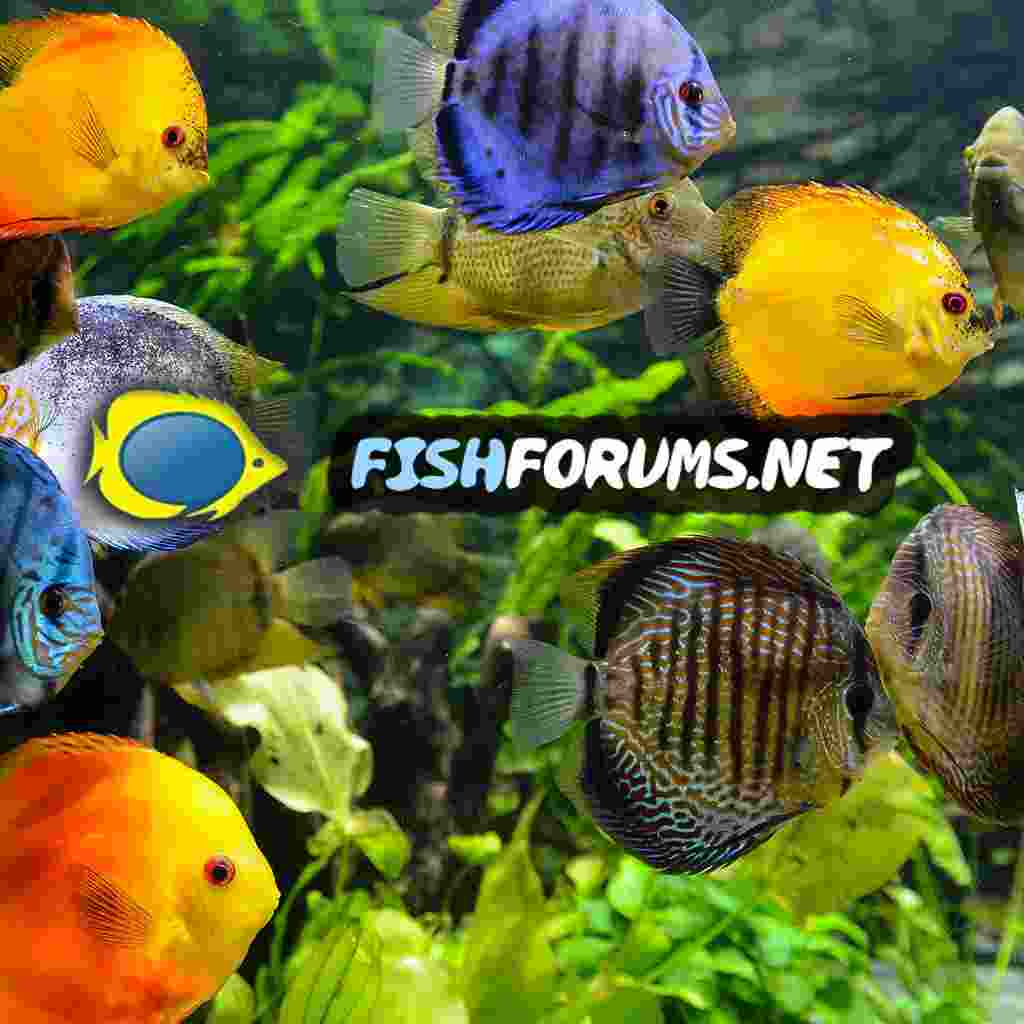Also, you can take a look at this:
Hi, I’m trying to understand the water I have in my house and what my best solution is. I had a some Otto catfish which did not survive and then some mollies. I returned the mollies to the store as was concerned about my water and wanted to figure out before went any further. The water in my...

www.fishforums.net
Basically the way it works is this: fish, like most animals, regulate what is inside their body relative to the environment outside their body. In people, when you feel dehydrated (your body actually knows you're dehydrated because you have too many ions in your blood and you have cells in your body that can detect this [OVERSIMPLIFICATION]), you drink some water, and when that water goes from your gut to your blood, the ion concentration decreases and you no longer feel thirsty. As you know, when you sweat you release both water and salt, and that's why they tell you to drink gatorade during hot weather while exercising since it helps replenish both the salt and the water inside your blood so that your body is happy. It is possible for a human to die from drinking too much water as well, this is called hyponatremia, there was a famous case in the USA where a radio station had a competition of who could drink the most water and someone died (you can google that).
Humans aren't fish, so the way it works in fish (from what I understand) is this: Fish, because they live in water, have systems that allow ions to pass through their gills and their intestine. The cells in these systems are either very "porous" to ions or don't let a lot of ions go through, and that is dependent on the genetic code of the fish based on what type of water they have been raised in. Most livebearers for the aquarium trade are raised in hard water, so their internal systems are best suited to dealing with hard water, and as a result, their cells are quite porous to ions since it doesn't matter if they lose a bunch of ions to the environment, since they can just as easily replenish them. Softwater fish such as neon tetras on the other hand, have very 'locked up" cells that hold tightly to ions, since where they are originally from ions in water are harder to come by, and it is important for the fish to maintain the ions that they are able to acquire through their diet etc. Some fish, especially those that come from areas that see periodic rainy and dry seasons, have systems that they can calibrate to either be porous or locked, and depending on the season (dry season: harder water, rainy season: softer water) they can adjust how many ions their bodies hold onto.
The first organ that usually goes when the hardness is not optimal is the kidney. In humans (again, I know fish are not humans), the kidneys have a huge reserve (why you can donate one kidney to someone and still be fine), and kidney diseases tend to be relatively asymptomatic until the very late stages (people complain of itching and puffiness). If fish are anything like this (I don't have any knowledge of fish physiology), then their kidney issues could also get very advanced before they start showing external symptoms.
However, with a declining kidney status, the overall immune system cannot fight diseases off as well as it would otherwise, and fish can otherwise be susceptible to other irritants or issues in the water that would not normally kill a fish. So the fish don't necessarily die of "hardness issues", but they are in overall worse health and will more easily die from a bacterial/fungal/viral infection, or may not bounce back from a pH shift or other water quality issue like other fish might. Thus, the fish might die an "explainable" death, which cannot be necessarily directly attributed to hardness issues, but the hardness issues helped that other problem arise.
I hope this explanation was helpful/made sense. Again I am not a fish physiologist or anything, but this is how I have understood the situation.

